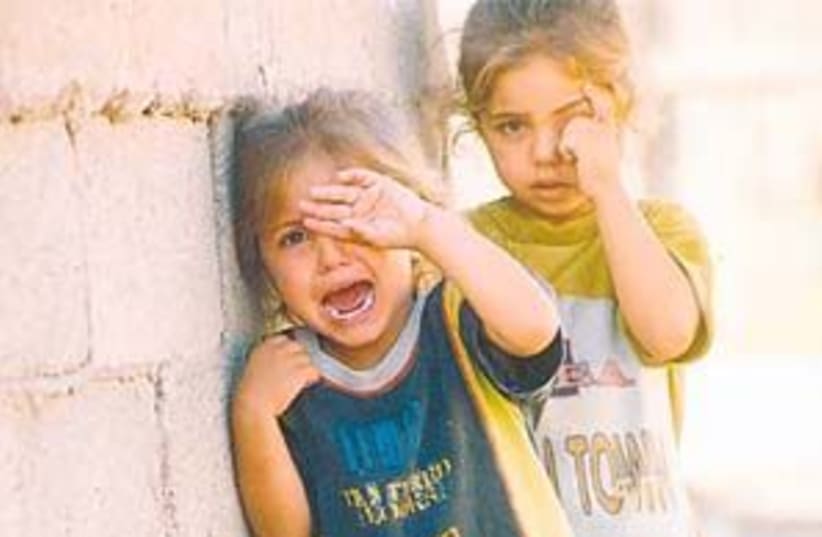| More about: | Israel, Palestinian National Authority, Trinidad and Tobago, Turkmenistan |
Israel ranks 28th least corrupt nation
Before Intifada began in 2000, Israel ranked 16th least corrupt nation.


| More about: | Israel, Palestinian National Authority, Trinidad and Tobago, Turkmenistan |